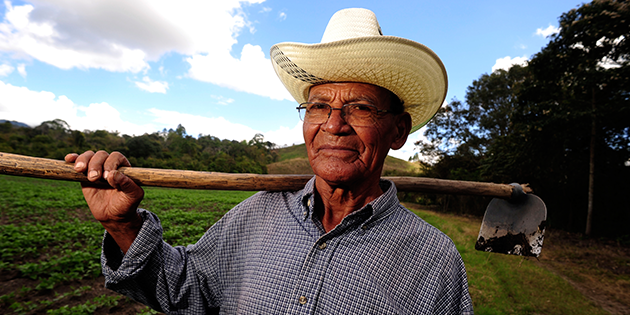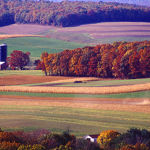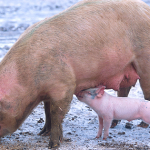Farm Safety Sensitive Topic for Many Farmers
No one would argue that workplace safety is not an important issue. In fact, the Occupational Safety and Health Administration (OSHA) exists soley to keep our nation’s workers safe. Established in 1970, OSHA reports that since its inception, workplace fatalities have decreased 62 percent while the number of U.S. workers has almost doubled in the same time period.
Surprisingly, despite the fact that farming is one of the deadliest professions in the United States, the majority of farms – those with 10 or fewer employees – are not regulated by OSHA. So why are these farms not covered by OSHA rules and regulations?
One reason may be the independent nature of farmers themselves. When OSHA made a move to regulate grain bins, farmers and their representatives were outraged and successfully fought the move.
Senator Mike Johanns (R-Neb.) said at the time that farmers know better than bureaucrats how to keep their employees and families safe. The outcry against the move led OSHA to relent with no further inspections or enforcement actions pending in regard to small farms.
While farmers list several reasons why they don’t want to be regulated by OSHA, that doesn’t mean they are unaware of the dangers they face on the farm. How could they not be when every year thousands of farm workers are injured or die as the result of farm accidents?
Tractors are the greatest danger on the farm, according to the National Institute for Occupational Safety and Health, claiming approximately 125 lives a year. Other pieces of machinery pose risks to farmers, including combines and hay balers. Grain bins and silos pose significant dangers, as well. Other farm hazards include heatstroke, large livestock, and exposure to chemicals.
According to OSHA, farm workers under the age of 15 and over the age of 65 are at the greatest risk of being injured or killed in a farm accident. Also contributing to fatalities is the fact that hospital and emergency rooms are in most cases a long way from rural areas.
But most farmers look at the dangers they face on the farm in the same way they look at the weather. You can’t control everything. They also believe that it is their job to keep themselves safe and they don’t like people – especially in Washington – telling them how to do that. And perhaps with so many farmers working alongside their parents and children, they consider it an insult that anyone would imply that they don’t care about safety.
Finally, most farmers farm because they like the freedom it offers. And in their minds, this freedom includes the ability to do their job without anyone breathing down their necks.



